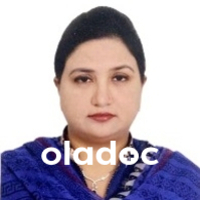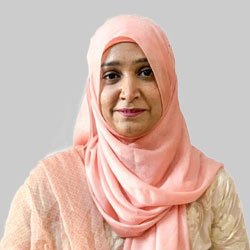Deviated nasal septum refers to the condition, in which the thin structure separating the nasal cavity is deviated from its original place. It can also be imagined as an unequally distributed nasal cavity with one nasal passage relatively smaller than the other. A narrowed nasal passage can become very uncomfortable for the sufferer as it makes it very hard to breathe. This condition also brings problems like blocked sinuses and allergy like symptoms.
The condition is not serious but it hugely affects the quality of life as people with a deviated septum often have runny noses and may even experience nose bleeds from time to time. Learning about a deviated nasal symptom can help one manage the condition in an effective way and thus not compromise one’s quality of life. In the paragraphs to follow, we explain the condition of a deviated nasal septum and how to cope with it effectively.
Table of Contents
Symptoms:
There are a lot of symptoms that may occur with a deviated nasal septum depending upon the extent of deformity.
Crooked nose: In cases where the septum is highly displaced from the center, the deformity can be observed in the form of a crooked nose. As the name indicates, a crooked nose is bent on one side instead of a straight symmetry.
Blocked nostrils: Deviated nasal septum is likely to block one of the nostrils, mostly the one that becomes small because of the deviation. This blocking makes it very hard to breathe and worsens when the patient has a cold.
Tight airflow: Deformation of the septum causes the air passage in the nose to narrow down. Due to this narrowing, the air has a squeezed path to flow and a hissing sound is produced while sleeping due to heavy breathing.
Allergy like symptoms: The patients are likely to experience allergy like symptoms such as a runny nose and continuous sneezing.
Nosebleeds: The nasal septum can get dry due to the allergy symptoms and sometimes this dryness can lead to painful nosebleeds.
Blocked sinuses: People with a deviated nasal septum often suffer from blocked sinuses and as a result have to bear prolonged headaches and facial pain.
Treatment:
Most of the time, the displacement of the septum is unnoticeable and very few symptoms are experienced but in some cases the symptoms are severe and need proper management under the supervision of a medical professional such as an ENT specialist in Multan. Some tools which can be used to manage a deviated nasal septum are as follows
Anti-allergic medicines: The allergy like symptoms of the condition might not seem serious, but they should be treated as they may lead to a dry nose further complicating the problem. Anti-histamines are a good way to manage a runny nose or blocked nostrils.
Nasal spray: Dry nose is the main source of nosebleeds. A nasal steroid spray can be used to keep the septum wet thus avoiding nose bleeds.
Medication for congestion: There are a number of medicines available in the form of tablets or sprays that can help with the congestion.
Surgery: Most of the times, a deviated nasal septum can be managed by simply treating the symptoms, but in some cases it might become necessary to treat the root of the problem. In such cases the septum is surgically moved to its original position through a procedure known as septoplasty. Septoplasty is different from rhinoplasty, which is a cosmetic procedure for nose reshaping to improve its appearance.
If you are experiencing symptoms of a deviated septum or you already have a diagnosis and your symptoms are aggravating, then you should visit an ENT specialist at your earliest. You can also book an appointment with top ENT specialists in Karachi, Multan and Islamabad through oladoc.com or call our helpline at 042-3890-0939 to get directed to the specialists that can cater to your specific concerns.






.png)









